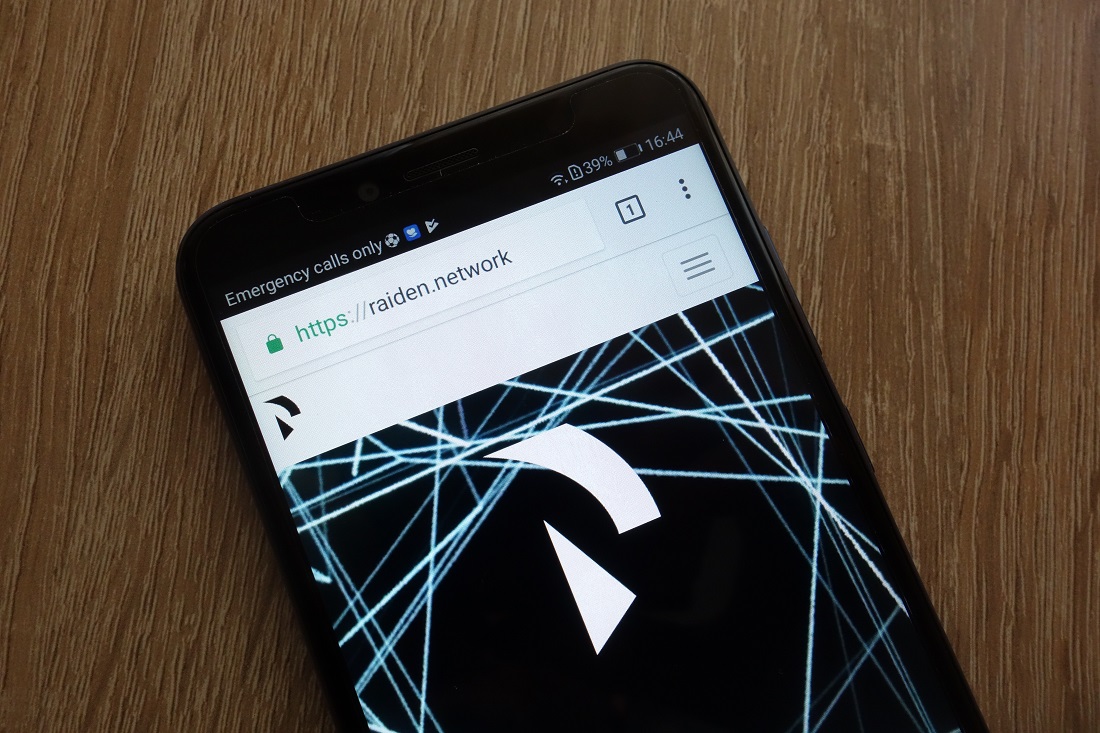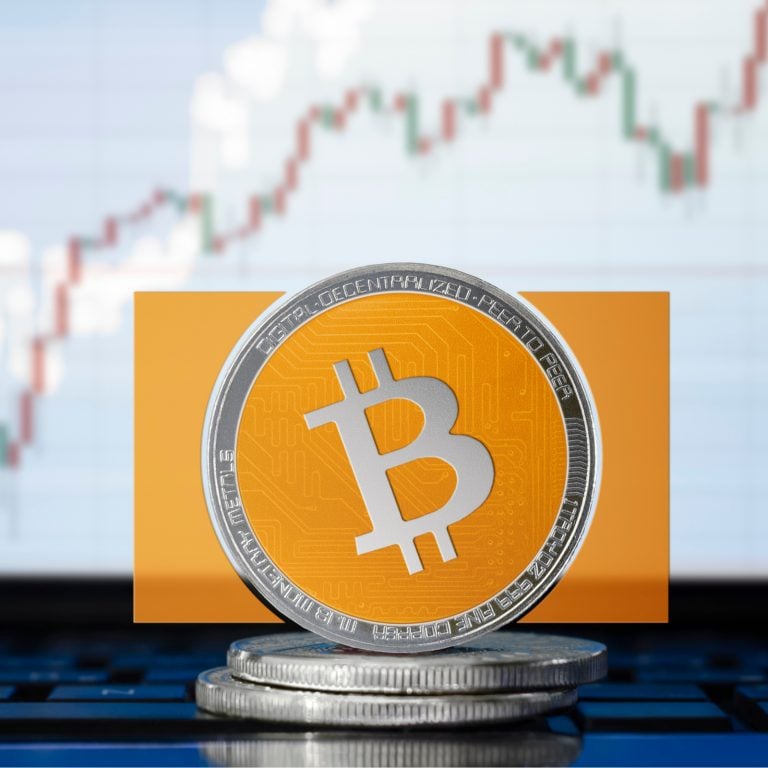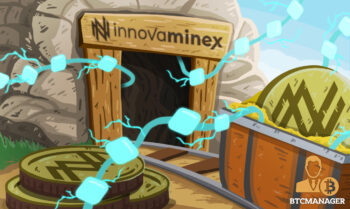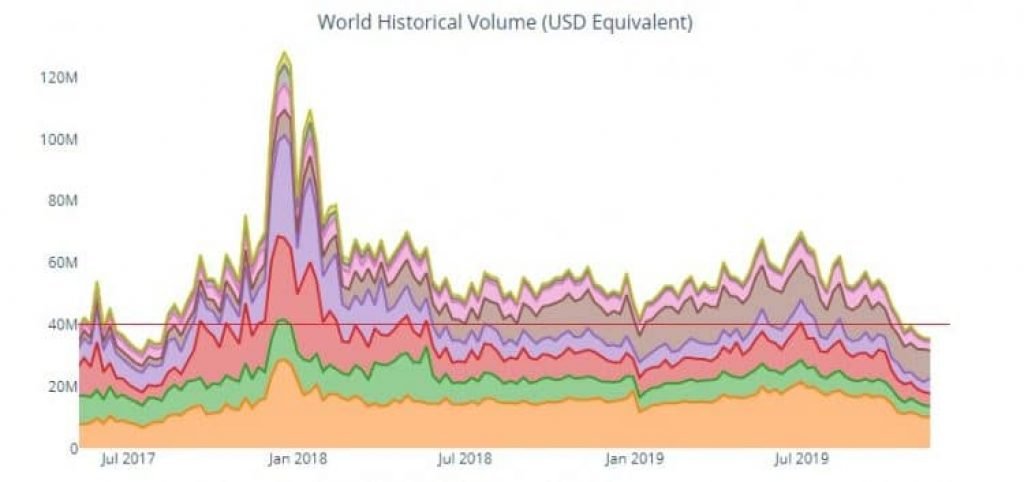2018-12-27 22:11 |
Popular London-based audit, assurance, tax and financial consulting company called PricewaterhouseCoopers (or PwC) recently had some positive words about XRP. The speed, simplicity and cheapness of cross-border transactions that this Ripple-made cryptocurrency offers has apparently impressed the higher-ups at PwC, especially Henri Arslanian, a crypto-focused employee of the company.
Henri Arslanian, PwC’s FinTech & Crypto Leader for Asia as well as the Chairman of the FinTech Association of Hong Kong, feels that Ripple and its XRP token represent a great example of how the future of cryptos can be. He feels that Ripple already having many partners and possessing a SWIFT-like payment system that is already capable of high-speed, low-fee cross border transactions are clear indicators that they will be at the forefront of crypto revolution.
Arslanian expects the year of 2019 to bring about increased institutional investment, and cites this as one of the most exciting prospects in crypto industry. Big banks and financial institutions will likely look to gain a firm foothold in the crypto market and Ripple’s Ripplenet represents a solid gateway into the space. To conclude, he stated that 2019 will be the year when partnerships between crypto and regular finance become much more solidified.
Ripple (XRP) is a leading cross borders payments solution in the blockchain industry. The cryptocurrency did exceptionally well in 2017 outperforming both Bitcoin (BTC) and Ethereum (ETH). While, it may have seemed difficult for Ripple (XRP) to record such gains in 2018, it did it again this year.
XRP holders are hopeful that this move from Binance would trigger a long wished decoupling of XRP from bitcoin.
Decoupling in a nutshell is being free from Bitcoin’s influence: It is a well-known fact that most of the altcoins and their prices are highly dependent on bitcoin price movements. Every time bitcoin hibernates and enters a slump, altcoins crash even harder.
The will for decoupling from bitcoin is strong, especially among bigger coins like Ethereum or Ripple.
It usually goes like this: ‘Why XRP is down?’. The usual answer was – ‘Because Bitcoin is down.’
That’s 100% true, however it should be a red flag for Ripple the company and their business as a whole. Their most valuable asset is XRP. I think we can all agree that if they want XRP to be successful and not volatile they need to make some steps towards decoupling from BTC.
What are the most used XRP wallets?
An interesting observation about possible decoupling of Ripple from bitcoin came out today, as one Reddit user noted:
“April 6th, 2018 – XRP .45 April 6th, 2018 – BTC 6500 June 12th, 2018 – XRP .55 June 12th, 2018 – BTC 6500 I’m only posting this to show the significant market gains and progress since the last time Bitcoin took a dive. This is an indication of XRP slowly moving away from the Bitcoin fellowship as we’ve made more progress and lost less ground with these market moves. Keep up the HODLing and don’t forget to buy the dips.”
Although this shows Ripple is moving in the right direction as far as decoupling goes, the real thing is still a far fetch as there are a lot of conditions that need to be met before this happens.
Obviously, adding more fiat/XRP pairs would help the decoupling with Coinbase as a key for this to happen – it could be a good boost in that respect although it appears there are some political games at stake there so even if Ripple are doing their best, they still can’t be added there.
Once XRP is listed on more exchanges and people can buy directly with Fiat, then we will see less of this BTC influence.
The post Ripple’s XRP is most mature (and most hated) cryptocurrency, claims analyst appeared first on CaptainAltcoin.
origin »Bitcoin price in Telegram @btc_price_every_hour
Ripple (XRP) на Currencies.ru
|
|
























